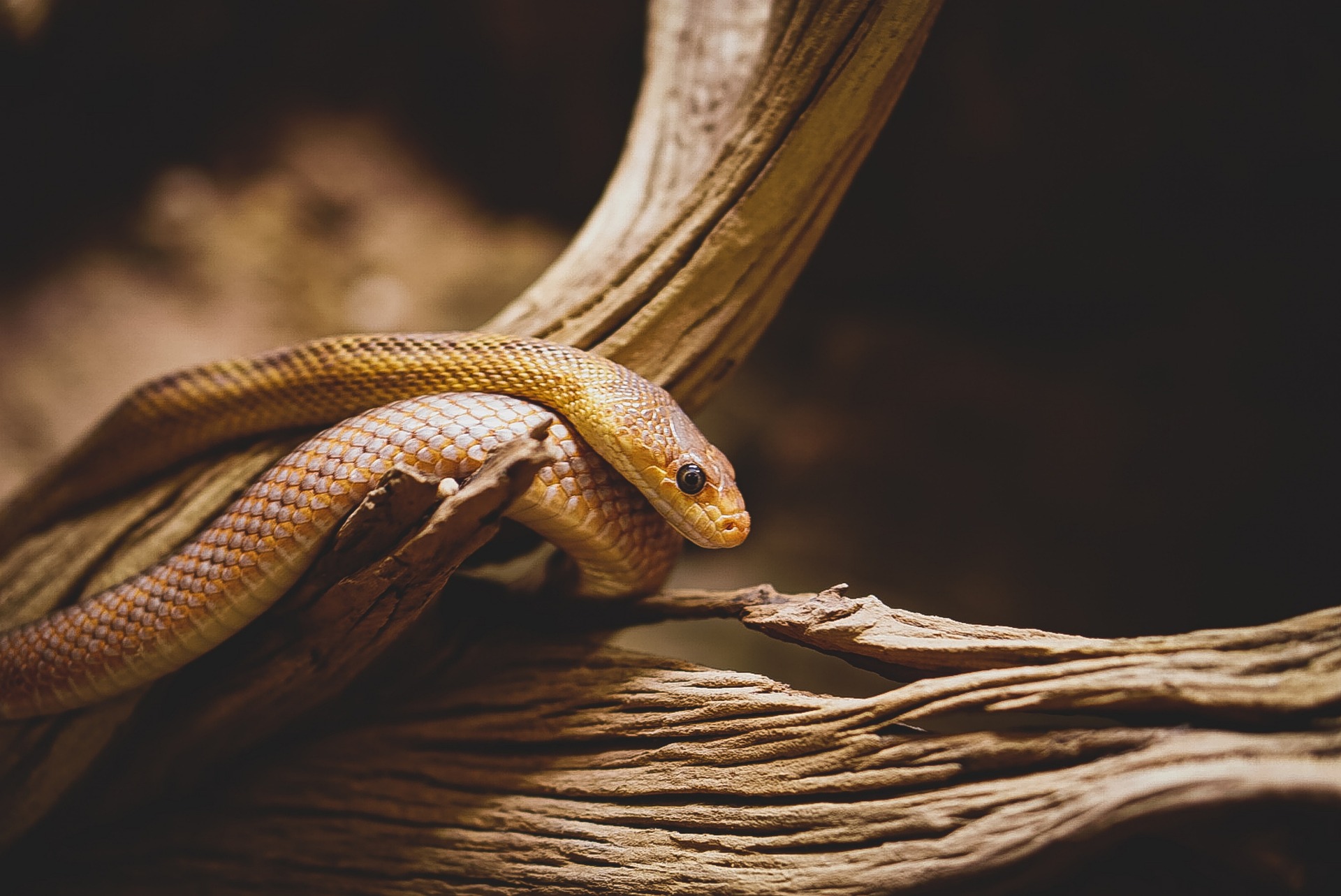The Growing Popularity of Exotic Pets: What You Need To Know
Exotic pets are gaining popularity across the world, with many individuals seeking out unique companions to share their homes with. However, owning an exotic pet is a considerable responsibility and comes with its unique set of challenges. Read below to discover more about this emerging trend in pet ownership.

Understanding Exotic Pets
Exotic pets are animals that are not commonly kept as pets or are generally found in the wild. Examples include reptiles like lizards and snakes, birds such as parrots, and small mammals like sugar gliders and ferrets. While these creatures can make fascinating pets, they often require specialized care and environments to thrive.
Legalities of Owning Exotic Pets
Before deciding to bring an exotic pet home, it’s essential to understand the legalities involved. Some countries or states have strict regulations or outright bans on owning certain exotic animals. It’s crucial to research and ensure that owning the pet of your choice is legal in your area.
Specialized Care Needs
Exotic pets often require specific environments and diets. For example, reptiles may need heat lamps or specific humidity levels, while birds may require large cages and social interaction. It’s important to research and understand these needs before deciding on an exotic pet.
Potential Health Risks
Exotic pets can carry diseases that are transmissible to humans, such as salmonellosis from reptiles or psittacosis from birds. Vaccinations, frequent veterinary check-ups, and proper hygiene can help mitigate these risks.
Ethical Considerations
Some exotic pets are caught in the wild and sold in the pet trade, which can have devastating effects on their populations. It’s essential to ensure that your pet is sourced from a responsible and ethical breeder or supplier.
Useful Tips and Facts:
- Always research thoroughly before deciding on an exotic pet.
- Be prepared for the time and financial commitment that these pets often require.
- Ensure you have access to a vet who specializes in exotic pets.
- Consider adopting from a rescue or sanctuary specializing in exotic animals.
In conclusion, while exotic pets can be fascinating and rewarding companions, they also come with significant responsibilities and considerations. Potential owners must be prepared for the specialized care these animals require and be aware of the legal and ethical implications of owning such a pet. By doing so, we can ensure that these unique animals receive the care and respect they deserve.




